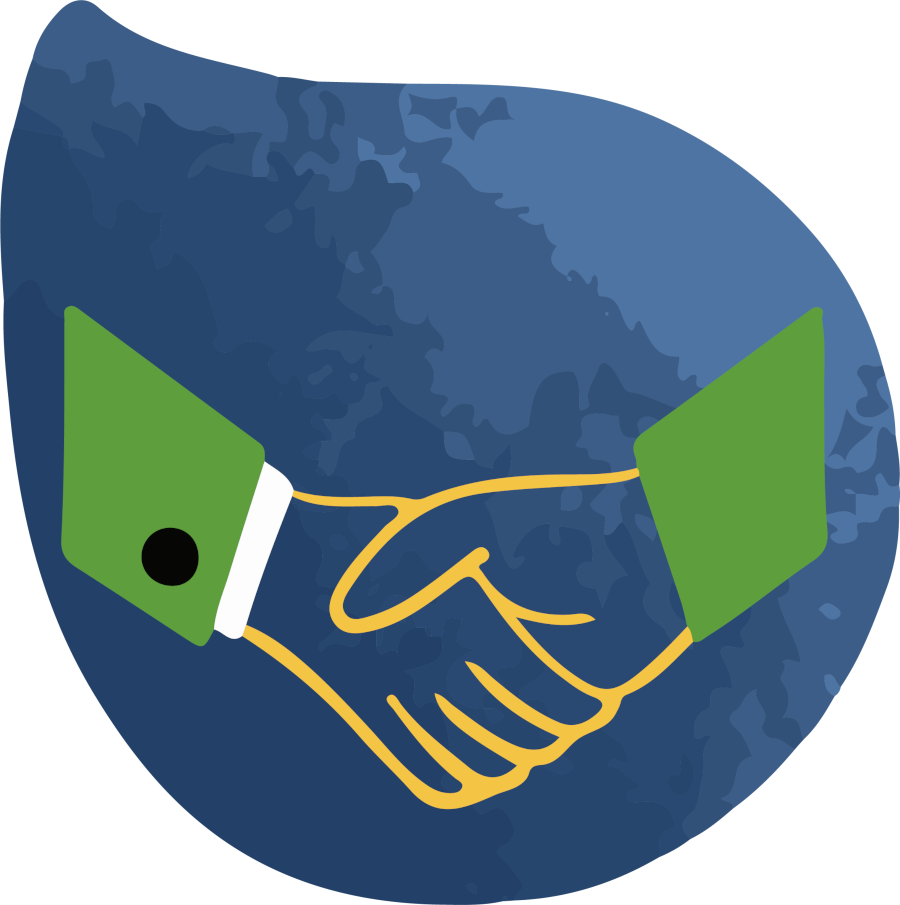Services

Introductory Services
Working with a new partner can be nerve-wracking. We want you to be able to get your feet wet before jumping in. Our starter offerings deliver real value and help us get to know each other before expanding to a longer-term engagement.
Blueprint Session
Agile methodology encourages us to embrace change and to roll with the punches. New web application projects benefit greatly from a short planning phase to help shape the ideas and appetite for a project.
A Blueprint Session is a 1-3 day fixed price offering to help you set a roadmap for where you want your project to go.
Key Pieces
- Feature Stories — A full list of workable, estimated, scoped stories, ready to slot into your backlog
- Acceptance Criteria — A summary of what success looks like for your project
Introductory Engagement
With your Blueprint in hand, an Introductory Engagement is a 1 to 3 month iteration where 1 or 2 of our developers work on a project of your choosing. Typically, this involves embedding our developers with your existing team, or integrating your stakeholders with development workflow. You get quality, tested, reliable code that you can build on.
Key Pieces
- Agile Project Management — Define acceptance criteria, create stories, estimate work
- Full-Stack Development — Frontend, backend, testing, code review, deployment
- Integrate Best Practices — CI/CD, trunk-based development, code linting, Docker, version upgrades, automated security checks

Full Stack Web Development
Our team of developers are professionals. We don't complain about legacy systems or outdated versions, and we don't propose costly boondoggles like full rewrites or unproven technology.
Fixed Term Development Project
Fixed Term projects are great for those that have a short time frame or high stakes to turn a project around. We will work with your timeline to help you adjust scope, resources, or both. A fixed term project typically lasts 3 to 6 months, with the option to renew.
Key Pieces
- Close Collaboration — Define acceptance criteria, create stories, estimate work
- Full-Stack Development — Frontend, backend, testing, code review, deployment
Development Partnership
After an Introductory Engagement, our team is available for longer-term commitments. This level of service comes with annual terms, committed availability, and flexible burst capacity.
Key Pieces
- Close Collaboration — Continuous close daily communication between internal and external team members. Lead technical meetings with stakeholders from multiple departments.
- Technical Product Delivery — Project management, software development, QA, and Support.
- Big Picture Strategy — Work with CTO/VP Engineering to set technical objectives. Decide and execute on medium to long-term technical initiatives.

Engineering Management
Growing a team and navigating high-level architecture decisions is one of the most difficult parts of advancing your project. We help our clients recruit, interview, hire, onboard, and level up their teams.
Offerings
- Dev Interview Diagnostic — Evaluate your current developer interview. Identify key areas where quality candidates slip through the cracks.
- Dev Team Hiring Consulting — Overhaul your technical hiring. Introduce best practices for hiring developers without resorting to unhelpful tactics. Run Developer Interviews. Onboard new developers to your dev team.

Technical Consulting
Put simply, we help our clients make good technical decisions. Don't waste your time with unreliable bleeding edge technology when battle-tested works great. Don't rebuild when you can renovate. Use off-the-shelf to save time and money. Leverage Free and Open Source Software to meet your goals faster.
Building software is an act of innovation and invention. You're creating something entirely new where before there was nothing. The decision of "what to build" and "whether to build" is not always easy. We have the experience and battle scars to guide you on the right path.
Offerings
- Complexity Analysis — Does building a custom solution make sense? Can my business scale without one?
- Technology Review — Is this new technology the best choice for my business?
- Security Audit — Am I vulnerable to hackers?
- Sanity Check — Is my team telling me what I want to hear?
- Code Review — Do our developers need help to meet our strategic objectives?
Learning and Training
Software development is a unique field in terms of how much developers must learn to be even somewhat productive, as well as in how quickly the field changes. It hurts to have to say no to an otherwise good opportunity because you don't have anyone with the requisite knowledge, or to turn down an otherwise excellent candidate because you need someone who can "hit the ground running."
We have over a decade of experience training and teaching, and can help your company build learning processes that let you and your teams identify and build the required knowledge and then take bigger and safer risks.
On-Ramp Trainings
For recent hires and people changing positions and teams, or teams changing their technology stack, one of the biggest challenges is getting up to speed quickly and being able to write production-ready code that follows appropriate conventions.
Our On-Ramp training programs can get your team working productively with new technology quickly and effectively. Spend a few weeks instead of several months before new hires can meaningfully contribute to your codebase.
Key Pieces
- Curriculum to Match Your Needs We'll work with your engineering team to identify your patterns and practices, and we'll build curriculum around that. Your hires will learn to do things your way.
- Expert Instruction Our instructors have been teaching and training for over a decade. We use cutting-edge tools backed by research and years of experience and practice to bring about learning outcomes with little to no wasted time.
- Clear Evaluations Each student will be evaluated several times through the course, with those evaluations communicated both to the student and their manager. You'll know exactly where everyone is during and after the course.
Interchange
Interchange is a defined and repeatable process for learning new skills and sharing that knowledge within the company. This means your teams can collaboratively solve their most pressing challenges, make meaningful improvements to their work, and thoroughly evaluate options, all without disrupting the normal flow of work.
Key Pieces
- Collaborative and Cross-Team Interchange group members work in a cohort of 3-5 people. The collaborative learning helps to build better relationships between employees, ensures that knowledge doesn't leave when an employee leaves, and makes the learning stick for longer
- Tangible Outcomes Groups typically pick a collaborative final product, useful as proof of concept and proof of competence. This means they actually do the work, instead of just reading or talking about the work. Thus, the learning sticks. A tangible product also means knowledge can be more easily shared with others in your company.
- Tightly Focused Scope A given group meets for only an hour or two per week, and only for four-to-six weeks. They work towards the final demonstrable product. This tightness of scope means very little time is wasted.
- Responsive to Needs With a short turnaround, you can address needs as you see them and empower your employees to make meaningful improvements.